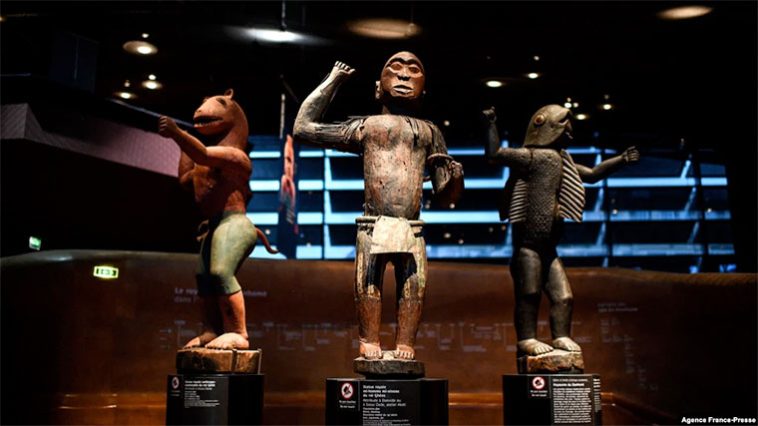In the last article, we identified three types of colonialities which we called upon the reader to be alert of in case of the current historical crisis is to be understood and definitely transcended.
These colonialities are the colonialities of power, being and knowledge. We also emphasized that with the retreat of physical colonialism, two other empires survived which are the most dangerous. These two surviving empires are the commercial non-territorial empire which Nkrumah characterized as neocolonialism; and, the metaphysical empire that compels us to reject ourselves and the images we were created in.
The latter empire convinces us daily that our past is a wasteland of non-achievement, as Ngugi wa Thiong’o aptly puts it. Just like the physical empire, the two surviving empires are founded on the grossly racist assumption that European ways of knowing are superior to the ways of knowing of other peoples of the world.
But – it begs asking, how did we get to this point where we were led to question ourselves? How were we led to believe the so-called inadequacy of our ways of knowing? How did it occur that we have come to identify everything good as coming from Europe and everything bad as originating from here, from Africa? How was our self-esteem violated?
To ask in the enduring words of that great African, Chinua Achebe, at what point did the rain start beating us? How, for instance, did our women come to bleach their beautiful skins with cancer-inducing creams? How was the wearing of dead European women’s hair normalized in the place of kinky Afros that are crowns of unspeakable beauty?
How did our ancestors’ religions come to be associated with primitivity and darkness while those of other people with light? Answering these queries requires us to take a detour into the history of European colonialism. Current Eurocentric universalist assumptions are established on the foundations of genocide, looting and conquest.
On the complete erasure of people that Edward Said called “the other”. Europeans saw themselves as the center of the world and this is the mindset which informed their actions when they set out to establish colonial dominions beyond their homelands. They carried this imperialist mindset as a guiding compass that led them to see other people as less human than themselves.
To this end, they hierarchized humanity establishing what decolonial theorist Roman Grosfoguel described as the two zones of being – that of the colonizer, which they characterized with light and progress, and, that of the colonized – the abode of darkness.
These two zones were created with a degree of violence that is unrivalled in mankind’s entire history. It caused entire people to disappear such as the Incas and Aztecs of Peru and Mexico.
Peoples that survived this colonial onslaught did not remain the same. They suffered psychic disfigurement, as Frantz Fanon tells us. Indeed, there is no way they could not have suffered that kind of damage considering the imposition of the colonizer’s ways of knowing upon the colonized man.
In some respects, this suppression of the colonized man’s ways of knowing took the character of looting artefacts of indescribable cultural value from the colonized man. European museums are crime scenes in this respect. They continue to keep artefacts from the lands European imperial powers colonized without any sense of shame and legal justification.
To date, the ancient kingdom of Bunyoro-Kitara’s revered nine-legged throne Nyamyaaro and other artefacts of priceless cultural value continue to be kept at United Kingdom’s Pitt Rivers museum despite decade of demand for their return by Omukama Solomon Gafabusa Iguru I.
But was it true that non-Europeans were lesser beings than Europeans? Were European ways of knowing superior to those of other peoples? Are they? The answer to these questions is an emphatic no. Compared to other world peoples, Europeans are newcomers to civilization.
It was not until they took to sea and conquest that they earned the proud notice of other peoples. The universe is far older and more complex than Europe. As Jawaharlal Nehru tells us in his book Glimpses of World History, Europe had so much to learn from other people that have lent mankind irreparable civilizational debts. For instance, as recent as the 1870s, surgeons in Omukama Chwa II Kabalega’s Bunyoro had mastered the complex procedure of caesarian section.
When British medical student Robert Felkin saw this and reported about it in Europe, the entire European medical world was utterly shocked that it had not attained this great feat.
The point we are emphasizing here is that the universalism of the Global West is a genocidal imposition which continues to transmit itself forward through the colonization of knowledge. Beyond dependency and structures of rule, the real problem of the political modern may only be effectively confronted if we all gesture towards decolonization of mindset and knowledge.
This post was created with our nice and easy submission form. Create your post!





